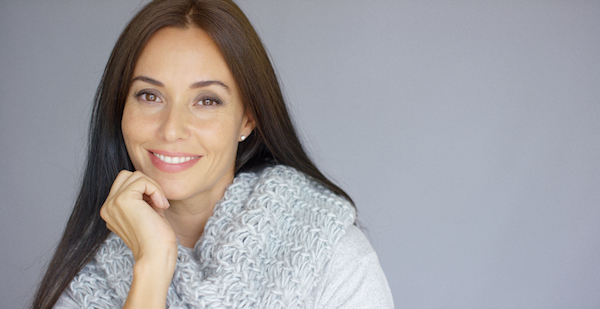Posted: June 29, 2017
 Approximately five to ten percent of breast cancers in the United States may be hereditary. In certain situations, genetic testing may be recommended to better understand your inherited risk for developing breast cancer.
Approximately five to ten percent of breast cancers in the United States may be hereditary. In certain situations, genetic testing may be recommended to better understand your inherited risk for developing breast cancer.
Consultation with a genetic counselor can help assess your risk for breast cancer, as well as risk for certain other cancers. Individuals with the following backgrounds may want to consider genetic testing:
- A blood relative (parent, sibling, grandparent, grandchild, uncle, aunt, nephew, niece or first cousin) diagnosed with breast cancer at 45 or younger or with ovarian cancer at any age
- A personal or family history of male breast cancer
- Breast cancer diagnosed at or before age 45
- A personal or family history of cancer in both breasts
- Ashkenazi Jewish background in combination with a family history of breast or ovarian cancer
Women with a BRCA1 gene mutation have an average risk of developing breast cancer by age 70 estimated between 50% and 70%. For those with a BRCA2 gene mutation the average risk is estimated to be between 40% and 70%. While these are currently the most commonly found gene mutations linked to increased risk of breast cancer, other more recently described gene mutations are associated with an increased risk, as well. These include ATM, PALB2, CHEK2, TP53, and BRIP1 gene mutations.
For individuals with high risk of developing breast cancer, depending upon the situation, prophylactic mastectomies might be considered as they appear to decrease breast cancer risk by an estimated 90%. Newer techniques may include nipple-sparing mastectomies in combination with cohesive gel implants, use of biological grafts, and use of one’s own tissue. Innovative current incisions, which borrow from common aesthetic procedures such as breast augmentation and breast lift might produce more natural, pleasing results.
Dr. Jay Orringer is board-certified in both general surgery and plastic surgery and has decades of experience. He is dedicated to helping women achieve their goals for breast reconstruction after mastectomy. If you are considering undergoing mastectomy and reconstruction for increased risk of developing breast cancer or you already have been diagnosed with breast cancer, please call 310-273-1663 to arrange your individualized and caring consultation with Dr. Orringer. We welcome patients from Beverly Hills, Los Angeles, Santa Monica and Hollywood, California, nationally, and internationally.








